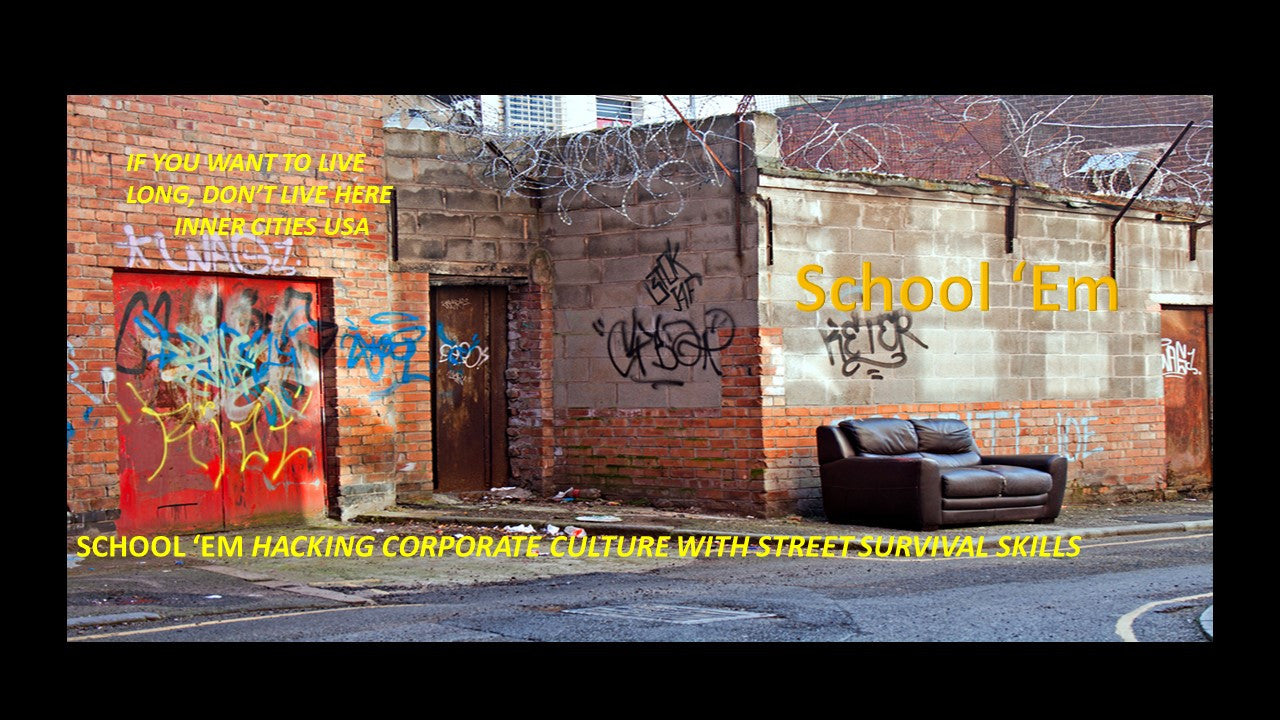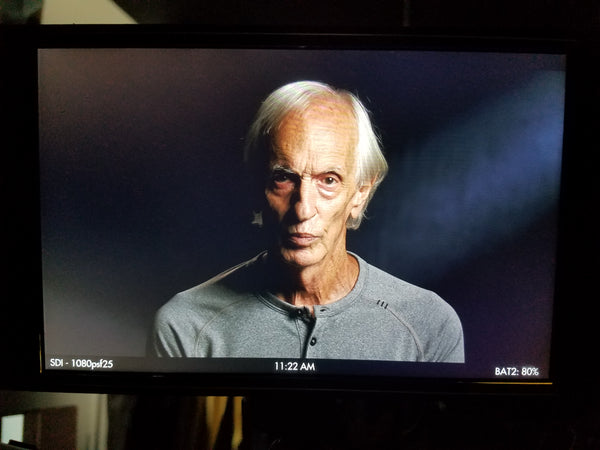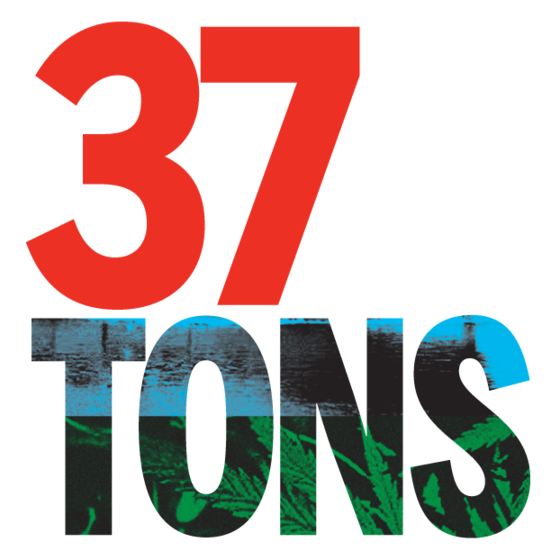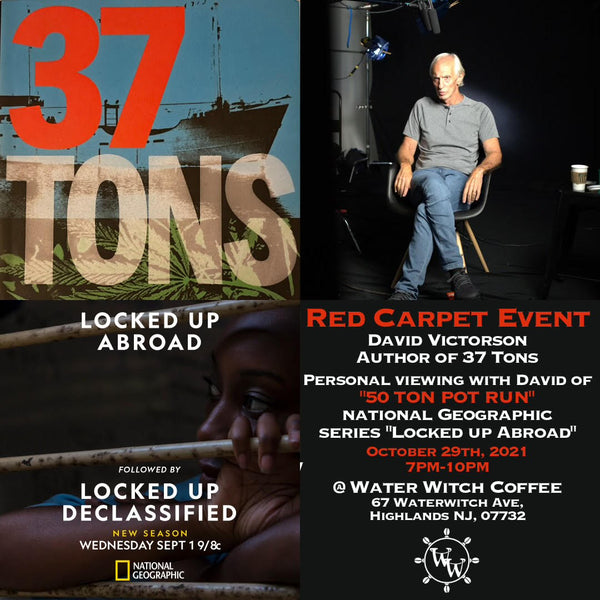SCHOOL 'EM


Also in News

PODCAST THE SHADOW SMUGGLER
Growing up on the mean streets of Boston nothing came easy for David Victorson. From the age of 8, he had to fend for himself. But everything changes when a hippie offers him a shot at slinging weed to college kids revealing his hidden talent for entrepreneurship. As his empire grows from local to international, so do the stakes. But it's a fateful invitation to the Colombian jungle that presents him with the ultimate challenge: join forces with a powerful drug family or walk away.

37 TONS THE DOCU DRAMA
thank you to the recovery world and cannabis world for there encouragement and support.

